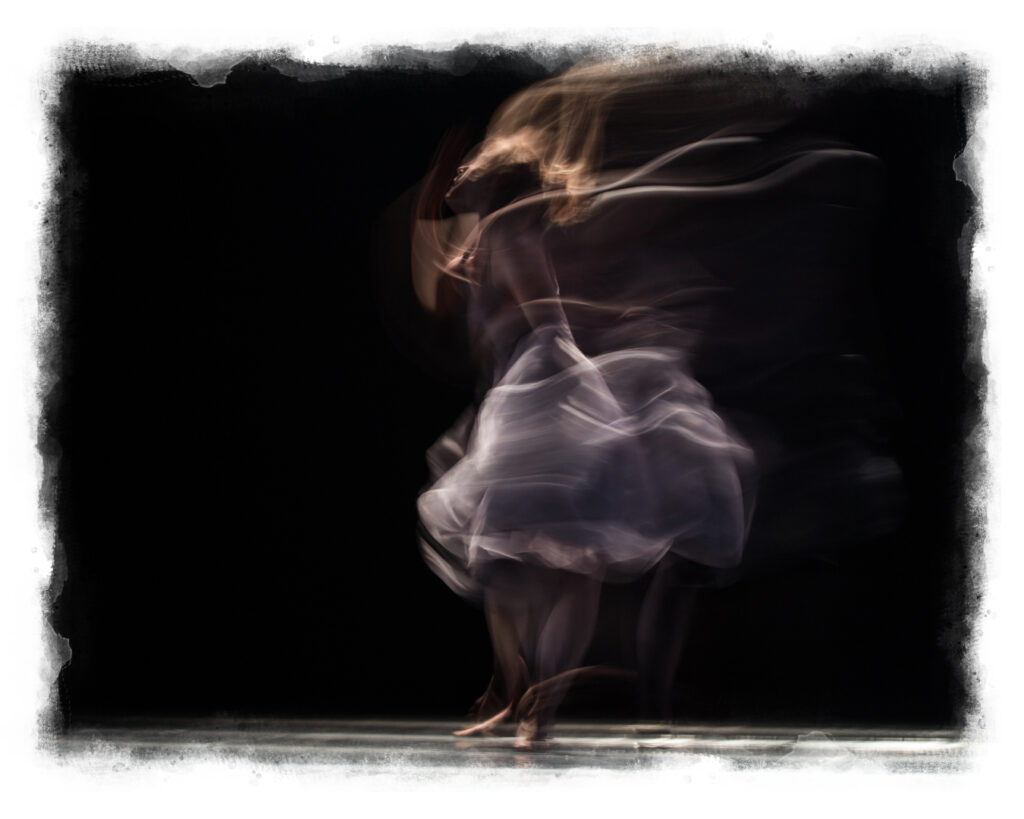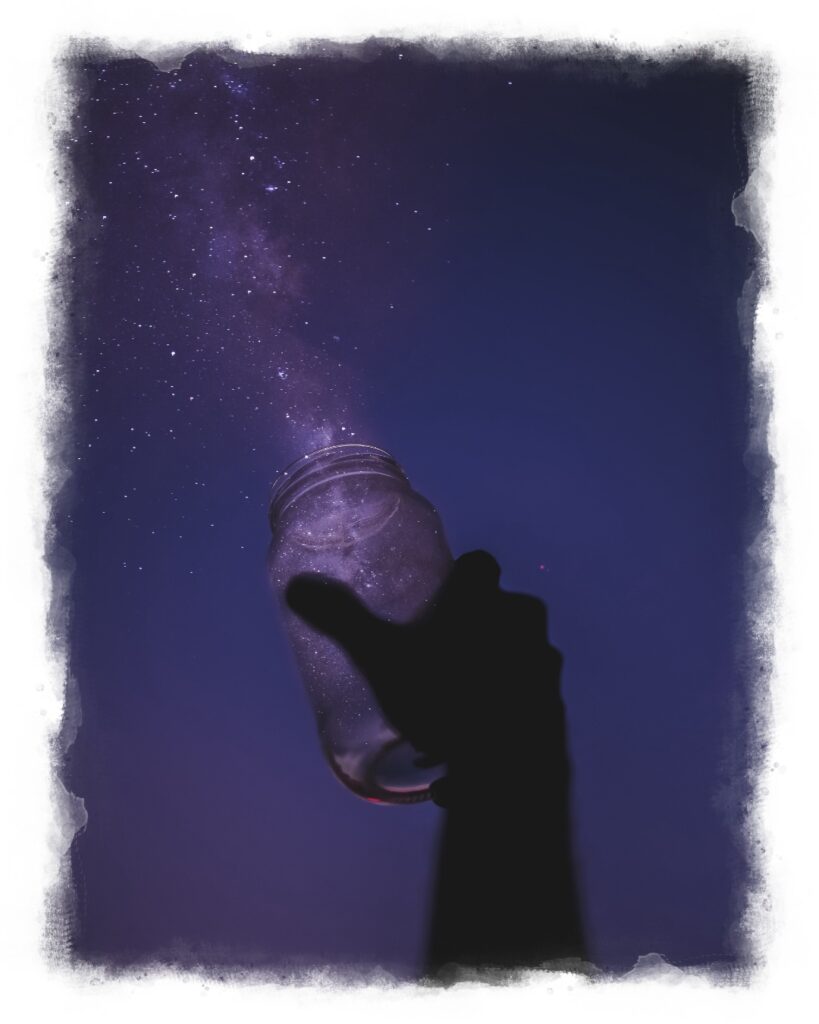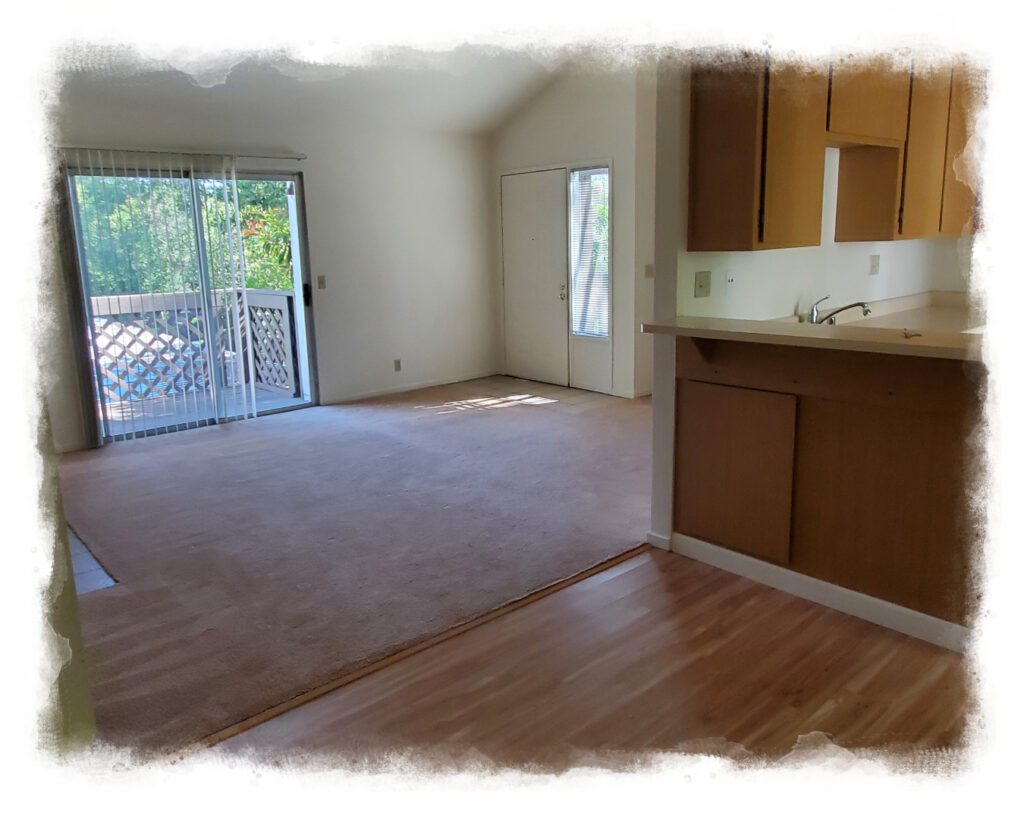November 7, 2023 —Malika Bouhdili, Head of Spiritual Life
Finding Meaning in Transitions

I’ve moved fifteen times in my life, and each time, I wish I had brought more mindful attention to the significance of what was transpiring. Instead, I attacked each move with the speed of Road Runner, plowing through the task of packing; throwing away excess with little reverence; and making those donation drop-offs so mindlessly, I’d forget what I gave away.
When I would arrive at my new place, I’d unpack as soon as humanly possible, and only caught up to the exhaustion of my body once I was lying down in my now fully-arranged bedroom. I wish I could say my speediness was due to some “laser-like” focus on my part, but I suspect it had a lot more to do with my discomfort with liminality. When the old is dissolving, and the new is not yet fully-formed, the in-between moments challenge our sense of security and identity. After all, a physical home we’ve kept for years is familiar, comfortable, and naturally becomes part of how we think about who we are. When we’re letting it go, it not only feels like we’re stepping into the unknown, it can also feel like we’re losing a part of ourselves. It takes courage to slow down, to feel what’s happening, and move forward with compassion for the unfolding transformation taking place.
Navigating the Emotional Landscape of Moving

As many future residents prepare to move to Enso Village, I’m thinking about this topic with both tenderness and excitement. Some future residents have shared with me that they are leaving homes they have lived in for over forty (sometimes fifty!) years. Many explain that they are grieving what they are leaving behind, and yet simultaneously full of gratitude and joy for the path ahead.
As they consider what will stay and what will go, precious heirlooms bring up vivid memories of the past, while other household objects inspire visions of what the future will be like. People have shared that it is an emotional, dynamic time, full of ups and downs. According to psychologists, this is appropriate and normal. Moving is one of the more stressful life events, and stress is a natural bodily response to change.
The question is:
How will we receive the inner and outer activity of this time?
Will it be a painful blur or is there a way to dance with the mind that moves?
Bardos: Embracing the In-Between Moments
In the spiritual tradition I practice in, these transitional, intermediate times are called bardos. A bardo is the experience of open possibility that arises between two (seemingly-fixed) markers. We could think of this whole life as a bardo between birth and death, or we could think of last night’s dreaming as a bardo between deep sleep and our fully-awake lives. It can also be considered in much more ordinary terms. As Dzogchen Ponlop Rinpoche explains, a bardo is:

[When] we have left home but not yet reached our next destination. When we are neither in the past nor in the future. We are sandwiched between yesterday and tomorrow. Where we are now is the present, which is the only place we can be. Bardo in a literal sense means ‘interval’; it can also be translated as an ‘intermediate’ or ‘in-between’ state. Thus, we can say that whenever we are in-between two moments, we are in a bardo state. The past moment has ceased; the future moment has not yet arisen. There is a gap, a sense of nowness, of pure openness, before the appearance of the next thing, whether that is our next thought or our next lifetime. It is the same when we take any trip. We are in transition – even when leaving work to go home or leaving home to move to another place. If we pay attention to these transitions, if we can remain conscious of our environment at these times…we will be able to meet new or challenging experiences with a clear and steady mind. We can actually afford to relax and let go of hope and fear.
-Dzogchen Ponlop Rinpoche
Indeed, bardos are often considered to be a powerful opportunity for spiritual practice. The reason is: in the gap between what was and what will be, we can experience the underlying spaciousness and fluidity of life, two things I often run away from in search of something more certain, secure, and established. After all, openness means anything can happen: good or bad. Yet, when I have been able to relax into the the spacious fluidity of life, I realize that there is plenty of room for all the emotions that come up; plenty of room for all the ups and downs; and plenty of room for even my impulse to rush through to the next thing. Uncertainty becomes the great revealer of how spacious the aware mind actually is. In the gap of the bardo, when things aren’t so solid, it’s easier to recognize that we’re not only what happens in our lives, we’re also the mindful presence in which things happen. Like one of my root teachers, Mingyur Rinpoche, says: bardos help us realize, “we are not the size and shape of our worries.”
Welcoming the Next Moment

The last time I moved, it was from Denver, Colorado to Santa Rosa, California, where I currently live. I did my classic mistake of rushing through packing and donating items, unconsciously avoiding the spaciousness that can be so scary, because it means that anything can happen. But, this time, mid-move, I caught myself. As I drove across the desert of Nevada, I remember realizing I was in the bardo, in no man’s land, and had no idea what was going to happen next. Then I chuckled, realizing that had always been the case. I kept breathing, slowed down, and started to enjoy the shifting landscape. When I arrived at my new apartment, I didn’t unpack. I didn’t buy furniture. I just felt into the new space. I sat on the floor, ate some peanut butter, shed some tears of gratitude, and welcomed the next moment.